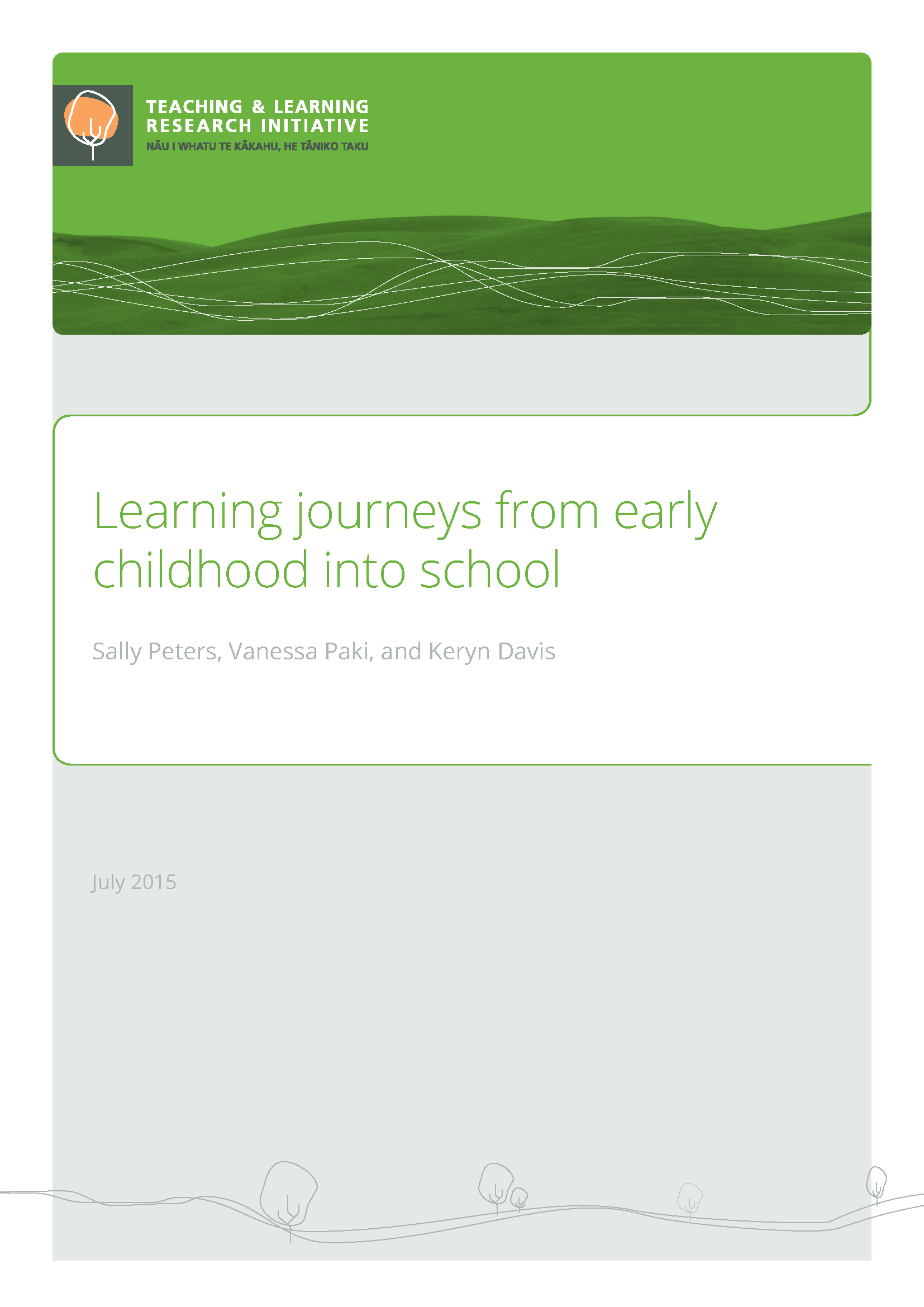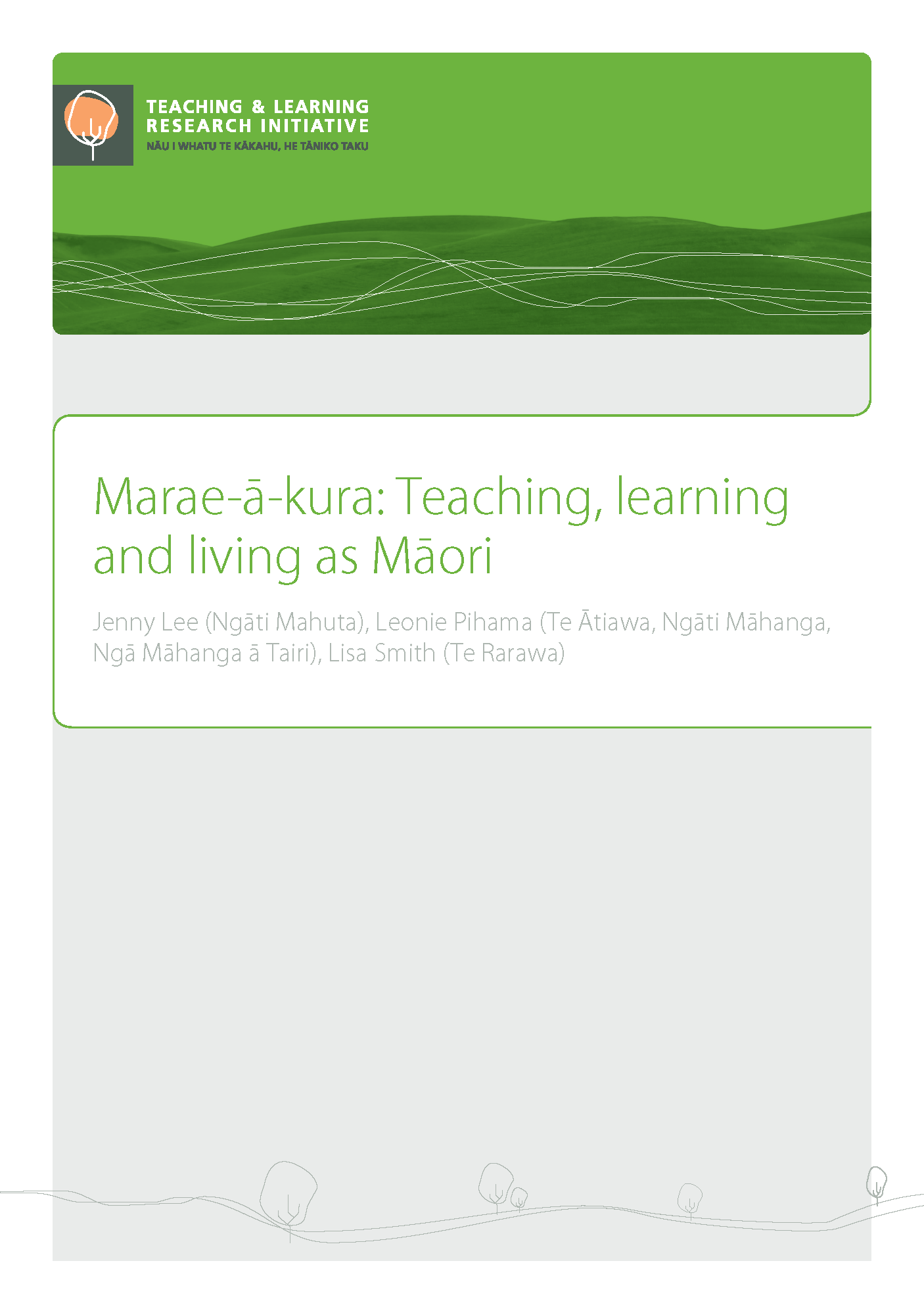
Learning journeys from early childhood into school
Introduction This project focused on the transition between early childhood and school and explored ways to understand and enhance children’s learning journeys as they move between the two sectors. Transitions can be seen as an intrinsic component of life, with individuals in any society experiencing a series of passages “from one age to another and from one occupation to another” (van Gennep 1977, p. 3). Each transition point can be thought of as crossing a threshold, leaving behind the known to enter a new role, context, status, or position (Fabian, 2002). Transitions can offer both crisis and opportunity (Hörschelmann, 2011, p. 379) and the threshold phase is often a time of


